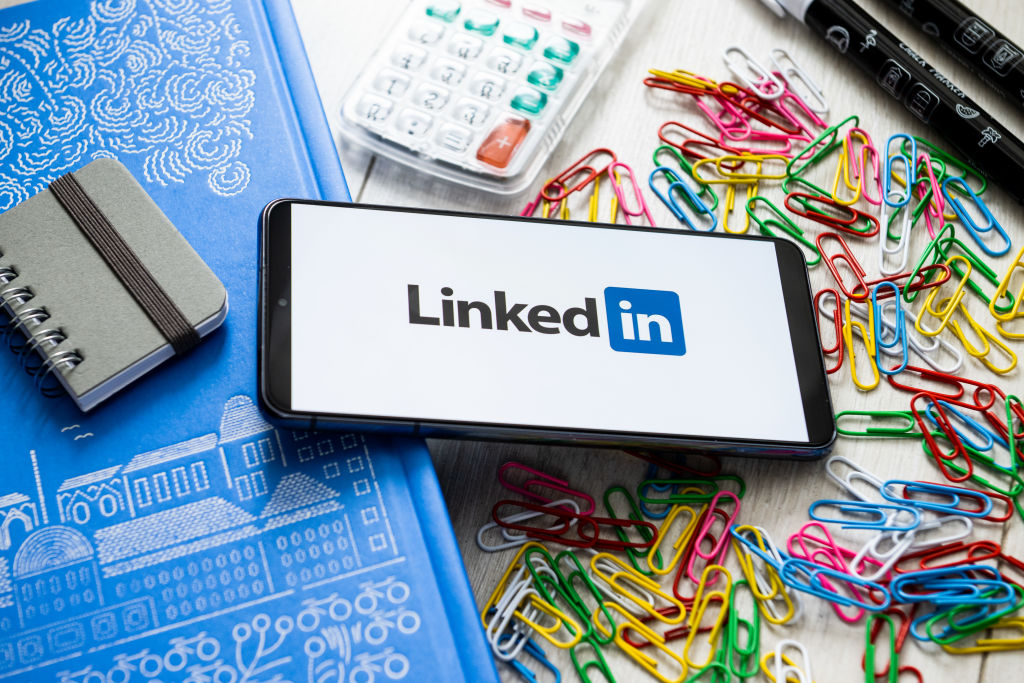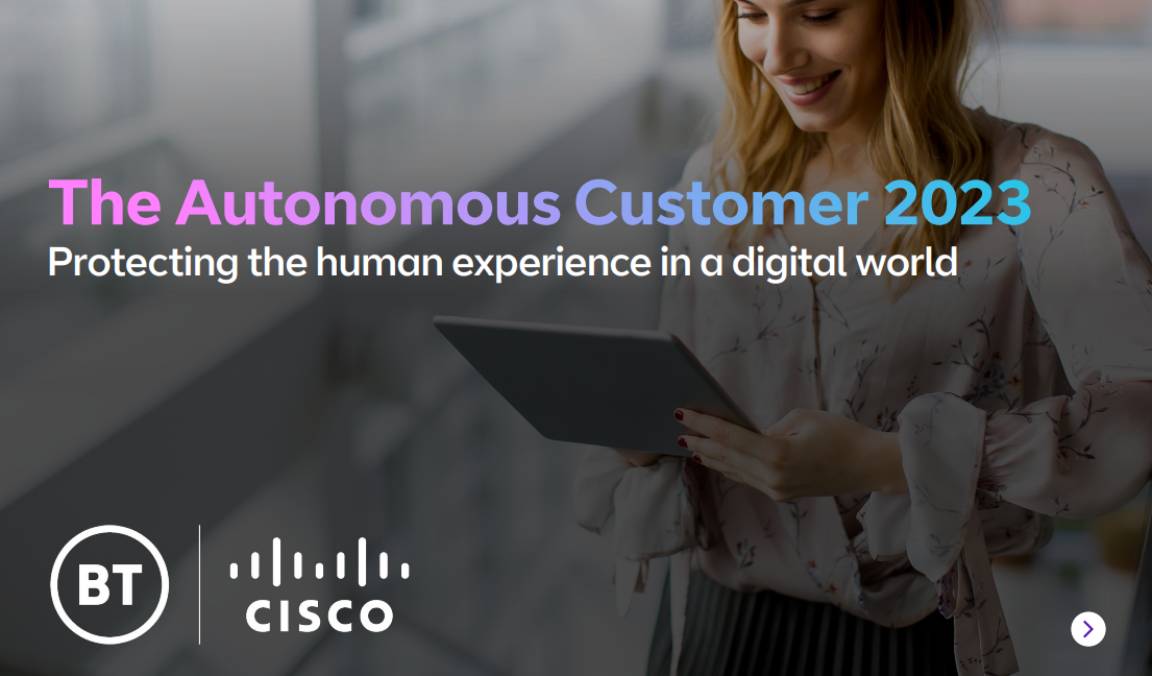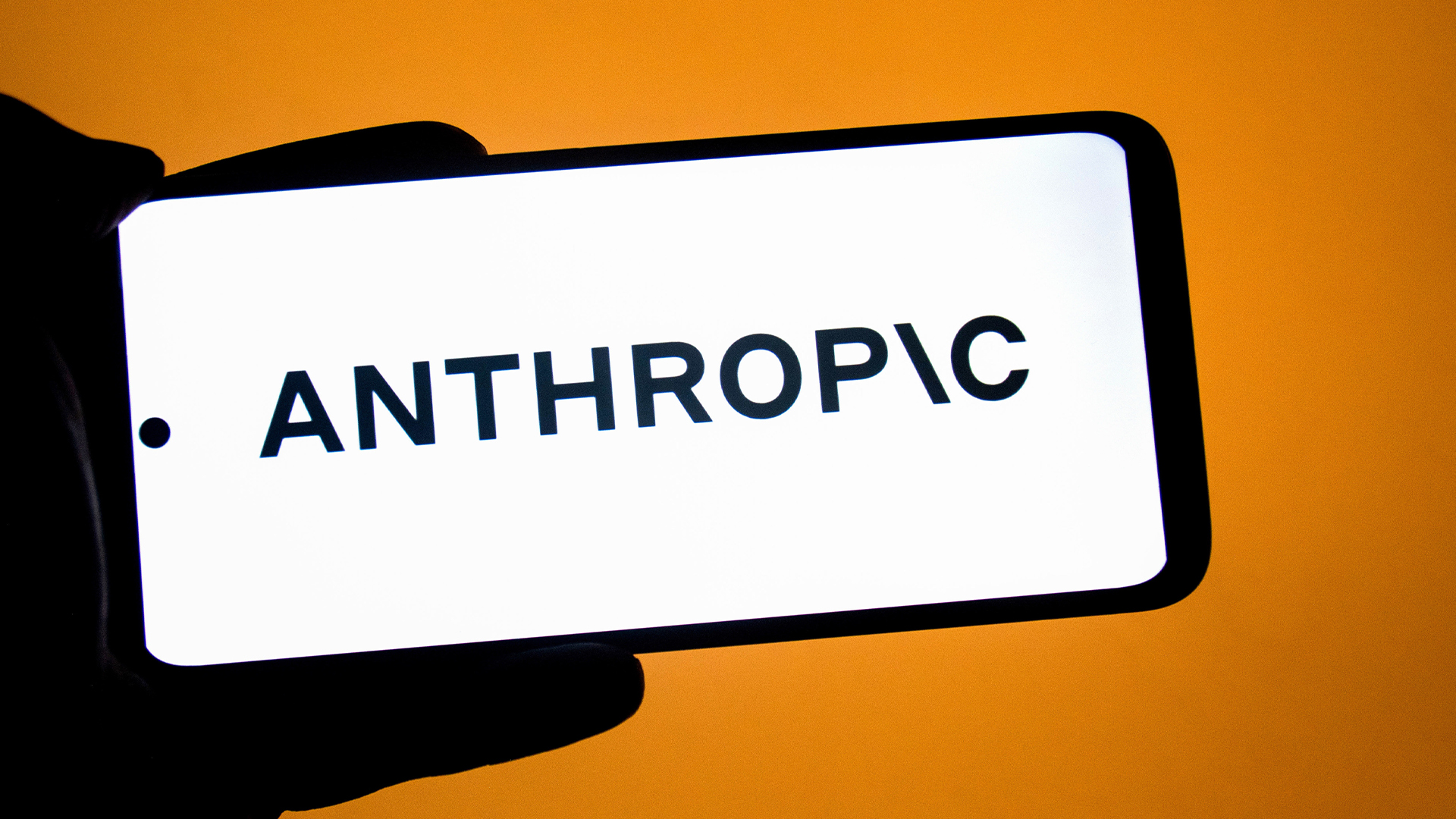LinkedIn rolls out new generative AI tool for job seekers
The new LinkedIn AI chatbot promises to provide premium members with a personalized ‘job seeking coach’.


Sign up today and you will receive a free copy of our Future Focus 2025 report - the leading guidance on AI, cybersecurity and other IT challenges as per 700+ senior executives
You are now subscribed
Your newsletter sign-up was successful
LinkedIn has introduced a new feature for premium users that uses generative AI to help jobseekers find new roles.
The social media platform, owned by Microsoft, debuted the AI chatbot, which is powered by OpenAI’s GPT-4, to a subset of US-based premium career members on 1 November 2023.
LinkedIn said the AI tool will leverage a knowledge graph based on data from its 1 billion members and 67 million employers to provide users with advice on how they can tailor their profile to make applications more successful and evaluate whether or not they are a good fit for roles.
The AI will also analyze a user’s posts on their feed and suggest relevant opportunities that users may have missed in their search.
VP of Engineering Lei Yan said the target for the new tool is for job seekers to receive a bespoke experience tailored to their sector and skills,
"We’re transforming the job seeking experience for our Premium subscribers to be more personalized, efficient, and adaptive with the help of AI. Premium subscribers will also see personalized takeaways and insights on posts and articles in their feed to help them build professional knowledge and stay up to date in their domain.”
The new chatbot follows the integration of several AI features on the social networking platform in recent months. In May 2023, the firm introduced a raft of AI enhancements such as automatically generated, personalized recruiter messages, AI-enhanced job descriptions, and a profile building service.
Sign up today and you will receive a free copy of our Future Focus 2025 report - the leading guidance on AI, cybersecurity and other IT challenges as per 700+ senior executives
Concerns around AI in recruitment
The use of AI in the recruitment sector has received some criticism in recent years.. For example, in 2018 machine learning engineers at Amazon, which had been using automated application review processes since 2014, discovered the recruiting mechanism had an internal bias against women.
RELATED RESOURCE

Discover how you can deliver outstanding customer service.
DOWNLOAD NOW
The system, trained on the hiring patterns from the previous 10 years, was observed to be recreating the gender-based inequalities that existed in the company’s previous recruitment cycles.
Recent research has shown racial bias, in addition to gender-based inequality, remains a pervasive issue in tech recruitment, suggesting AI systems trained on currently available datasets are likely to reflect this bias, and may even amplify it.
The potential for AI to address employment inequalities
Yet AI’s impact on labor market inequalities has the potential to be a positive one if applied in specific ways. This is the argument of the founder and chief executive of Melbourne-based startup Sapia.ai, Barb Hyman.
The hiring automation service interviews thousands of candidates simultaneously via text chat, which removes many of the factors that might influence an AI or human in charge of recruitment, claimed Hyman when speaking to The Guardian in March 2023.
“The only way to remove bias in hiring is to not use people right at the first gate,” Hyman says. “That’s where our technology comes in: it’s blind; it’s untimed, it doesn’t use resume data or your social media data or demographic data. All it is using is the text results.”

Solomon Klappholz is a former staff writer for ITPro and ChannelPro. He has experience writing about the technologies that facilitate industrial manufacturing, which led to him developing a particular interest in cybersecurity, IT regulation, industrial infrastructure applications, and machine learning.
-
 ITPro Best of Show NAB 2026 awards now open for entries
ITPro Best of Show NAB 2026 awards now open for entriesThe awards are a fantastic opportunity for companies to stand out at one of the industry's most attended shows
-
 Mistral CEO Arthur Mensch thinks 50% of SaaS solutions could be supplanted by AI
Mistral CEO Arthur Mensch thinks 50% of SaaS solutions could be supplanted by AINews Mensch’s comments come amidst rising concerns about the impact of AI on traditional software
-
 Google says hacker groups are using Gemini to augment attacks – and companies are even ‘stealing’ its models
Google says hacker groups are using Gemini to augment attacks – and companies are even ‘stealing’ its modelsNews Google Threat Intelligence Group has shut down repeated attempts to misuse the Gemini model family
-
 Why Anthropic sent software stocks into freefall
Why Anthropic sent software stocks into freefallNews Anthropic's sector-specific plugins for Claude Cowork have investors worried about disruption to software and services companies
-
 B2B Tech Future Focus - 2026
B2B Tech Future Focus - 2026Whitepaper Advice, insight, and trends for modern B2B IT leaders
-
 What the UK's new Centre for AI Measurement means for the future of the industry
What the UK's new Centre for AI Measurement means for the future of the industryNews The project, led by the National Physical Laboratory, aims to accelerate the development of secure, transparent, and trustworthy AI technologies
-
 Half of agentic AI projects are still stuck at the pilot stage – but that’s not stopping enterprises from ramping up investment
Half of agentic AI projects are still stuck at the pilot stage – but that’s not stopping enterprises from ramping up investmentNews Organizations are stymied by issues with security, privacy, and compliance, as well as the technical challenges of managing agents at scale
-
 What Anthropic's constitution changes mean for the future of Claude
What Anthropic's constitution changes mean for the future of ClaudeNews The developer debates AI consciousness while trying to make Claude chatbot behave better
-
 Satya Nadella says a 'telltale sign' of an AI bubble is if it only benefits tech companies – but the technology is now having a huge impact in a range of industries
Satya Nadella says a 'telltale sign' of an AI bubble is if it only benefits tech companies – but the technology is now having a huge impact in a range of industriesNews Microsoft CEO Satya Nadella appears confident that the AI market isn’t in the midst of a bubble, but warned widespread adoption outside of the technology industry will be key to calming concerns.
-
 Workers are wasting half a day each week fixing AI ‘workslop’
Workers are wasting half a day each week fixing AI ‘workslop’News Better staff training and understanding of the technology is needed to cut down on AI workslop